
Success. Successful. Successful businessman. Successful businessman with a successful wife, successful at having kids, successful at getting a home, successful at getting a second home, successful at being successful. Success.
It’s funny how when you keep saying something, at a certain point it just sounds like gibberish.
Take a walk through the city, take a stroll through the cyber waves, take a trip into the television of time.
Chances are, you’ll see some advertising, some person, some thing claiming to hold the key to success. Successful at losing weight or successful at gaining weight, successful at getting rich or successful at getting into heaven, successful at playing basketball or successful at being a good person.
You’ll see these claims and you probably won’t think twice about them. Surely success is the goal of life.
But amongst all these longing grasps at success, do you ever wonder what it all really means?
Because I do. And it doesn’t seem like much.
Too often success’ counterpart, which is arguably much more useful, is glazed over: Failure.
Sometimes it is much more useful to realize what we don’t like or don’t want to do rather than what we do. Failure is often the same way.
If someone tries for something risky, something that may not have a high possibility of being successful, it is infinitely more valuable to go for it and fail than to not try at all.
Such is the reasoning behind Sarah Blakely’s unorthodox definition of failure.
Sarah Blakely has a perfect American Dream success story. She never attended business school or worked in the clothing industry, yet when she created her own women’s undergarments which she later called Spanx, she “took $5,000 in savings and transformed it into a $500 million dollar-a-year company.”
This never would have happened, she claims, had it not been for her upbringing, where her father encouraged her as a child to go out and try something each week, and to fail.
In this way, the definition of failure transformed from not being successful, whatever that may mean, to not trying.
This definition of failure is immensely more valuable and throws open the doors for success. Failure is a reality of life, and one of the greatest teachers.
Need I mention the case of Thomas Edison and his tedious derivation of the light bulb, or Michael Jordan being cut from his high school basketball team, or really all of science, which is based largely upon learning from failed experiments.
The point is, the image most of us see as success is usually shallow and misleading.
Most successful individuals didn’t just wake up one day and find wealth in their pocket and fame at their doorstep (save Kim Kardashian.) The truly great individuals started from the bottom and, with the right amount of failure and luck, fought their way to the crest of their success.
How? They had the courage to try, not succeed, learn from their attempt, and try again.
Blakely’s tale shows us that even the most ordinary can be successful. When the fear of failure is gone, that is the “old” definition of failure, then the freedom to succeed is unleashed.
At the risk of sounding like a self-help book, I would say that often the largest obstacle to our own success is ourselves.
Ultimately however, our definition of success has to broaden as well. While money or power or prestige may be the driving force behind many peoples’ ambition to succeed, which is perfectly acceptable in its own right, I think a much more lasting and useful success is learning and personal growth.
You can try to change the objects that surround you to improve your life, or you can simply change the lens through which you see them. Such is the way that even the most ordinary can become the most successful.
But anyways let this be a call to arms to go out and fail.
Fail and learn and fail again, because when it comes down to it, the worst kind of failure is not trying.




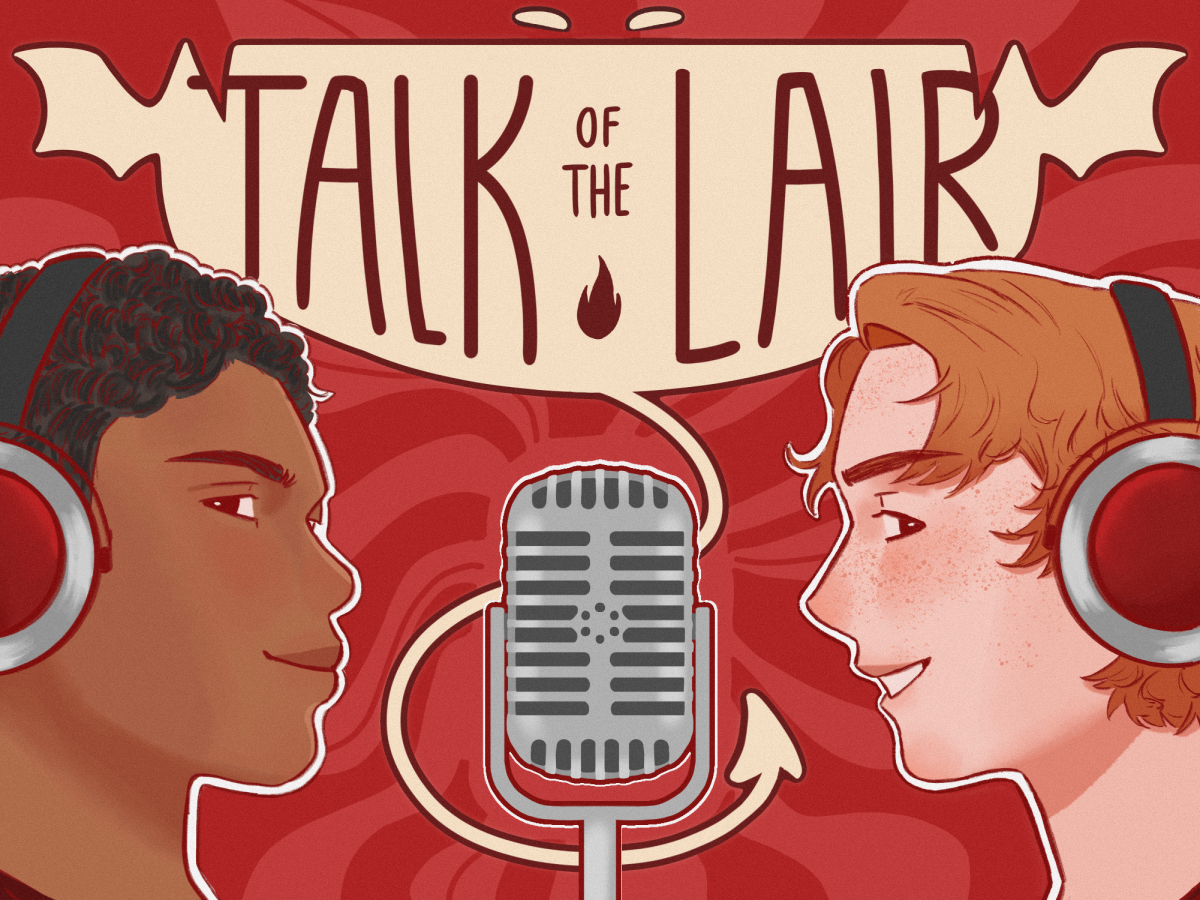
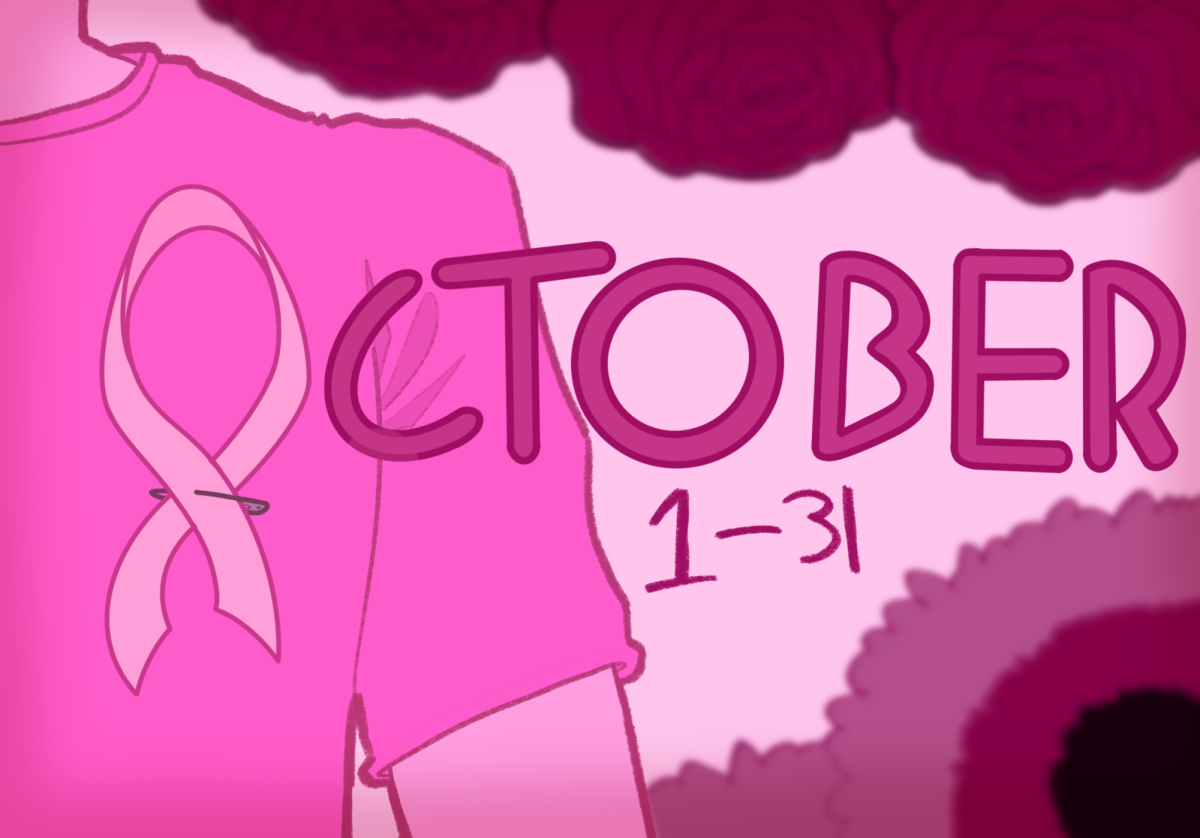


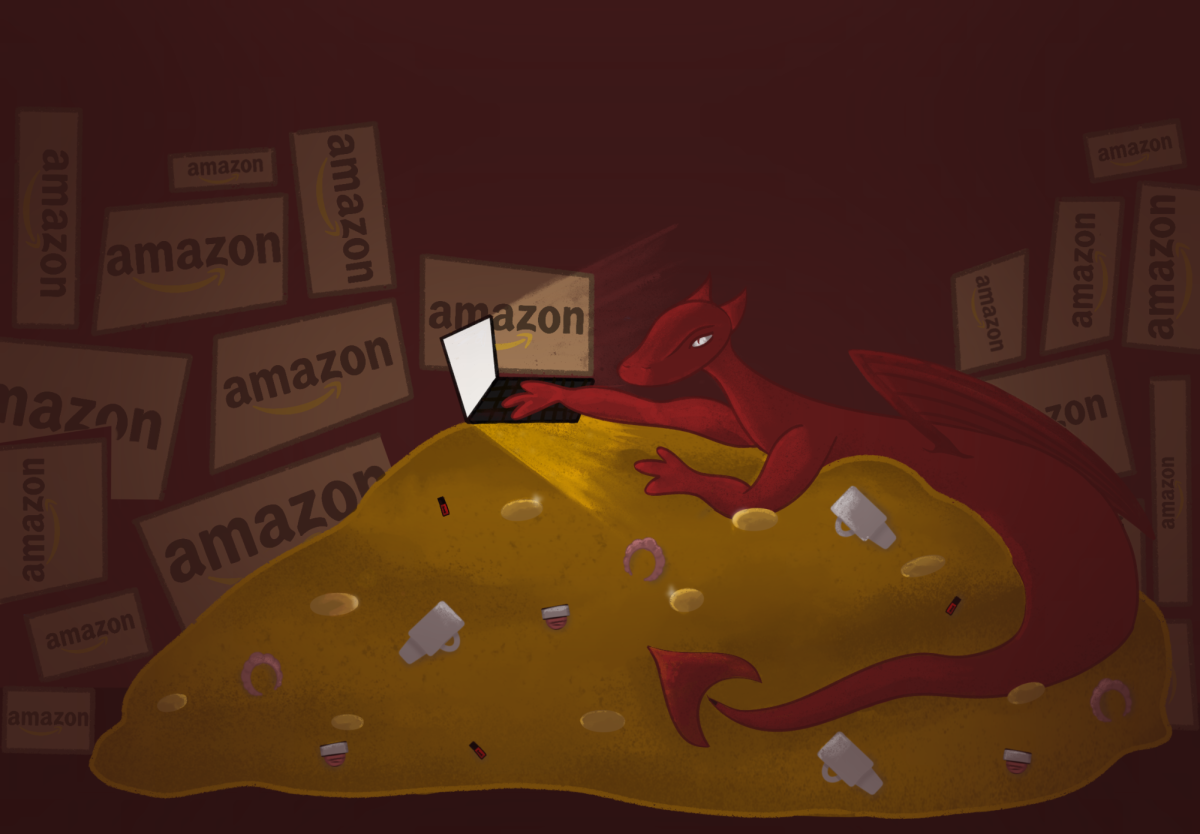
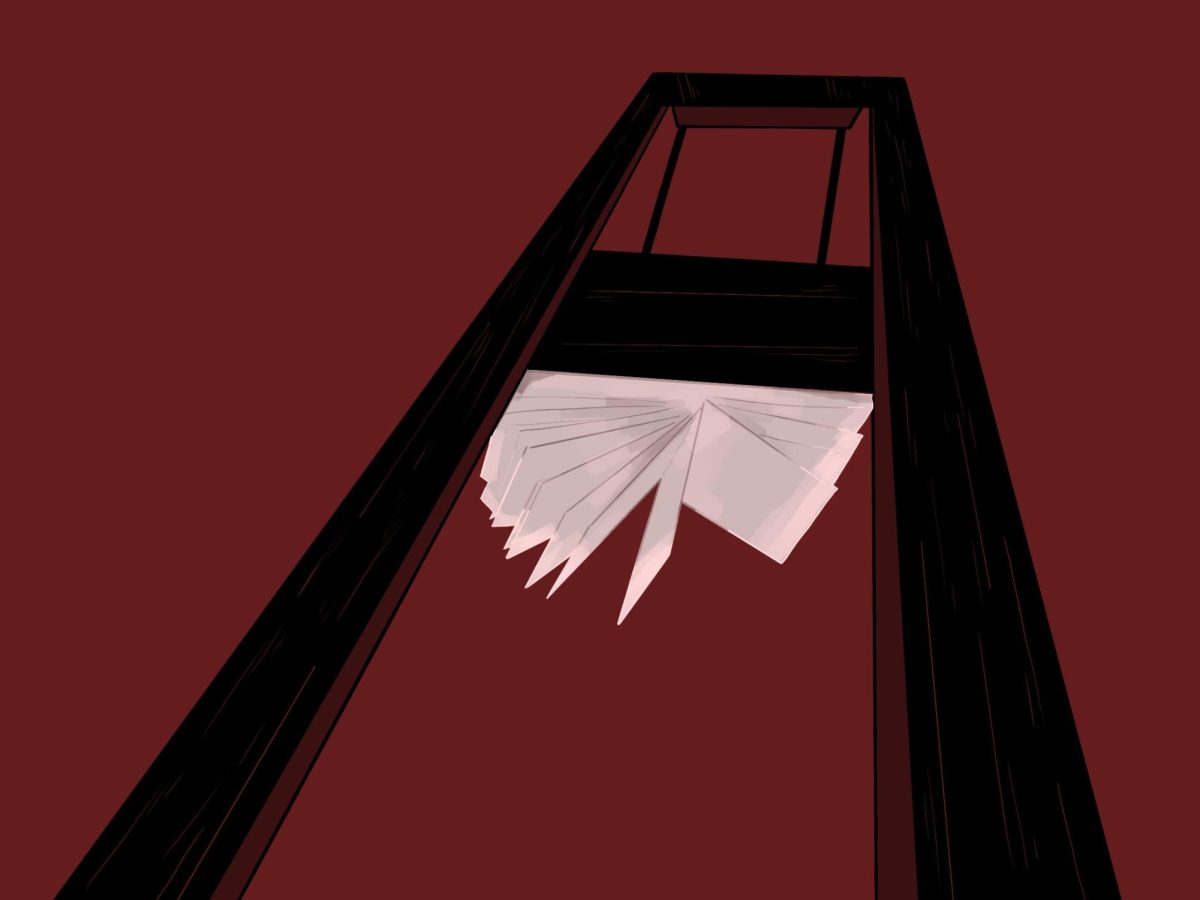


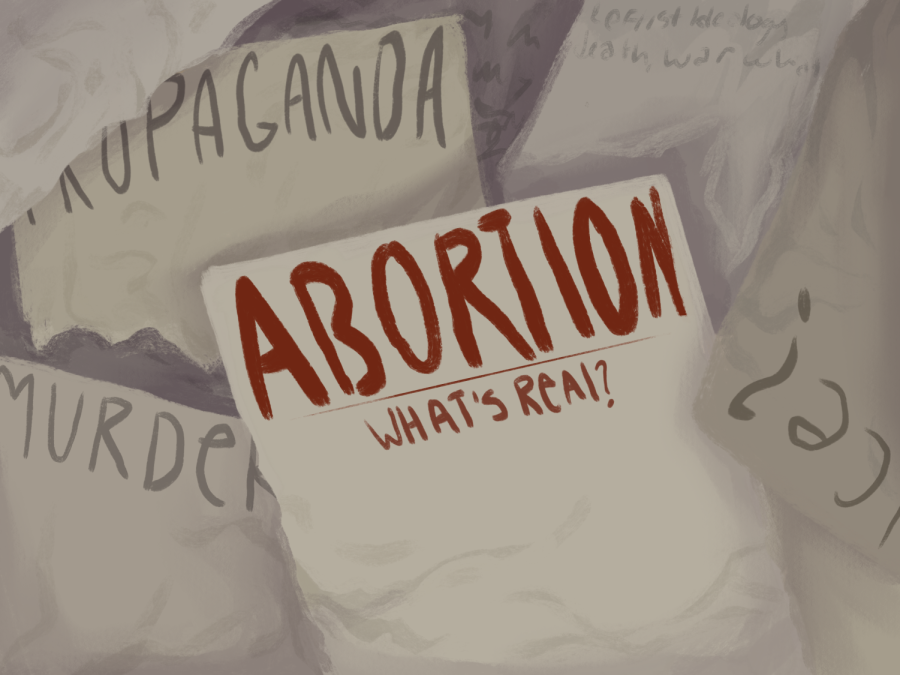


Mika Anderson • Jun 1, 2014 at 12:03 pm
Well said, Sean, well said.